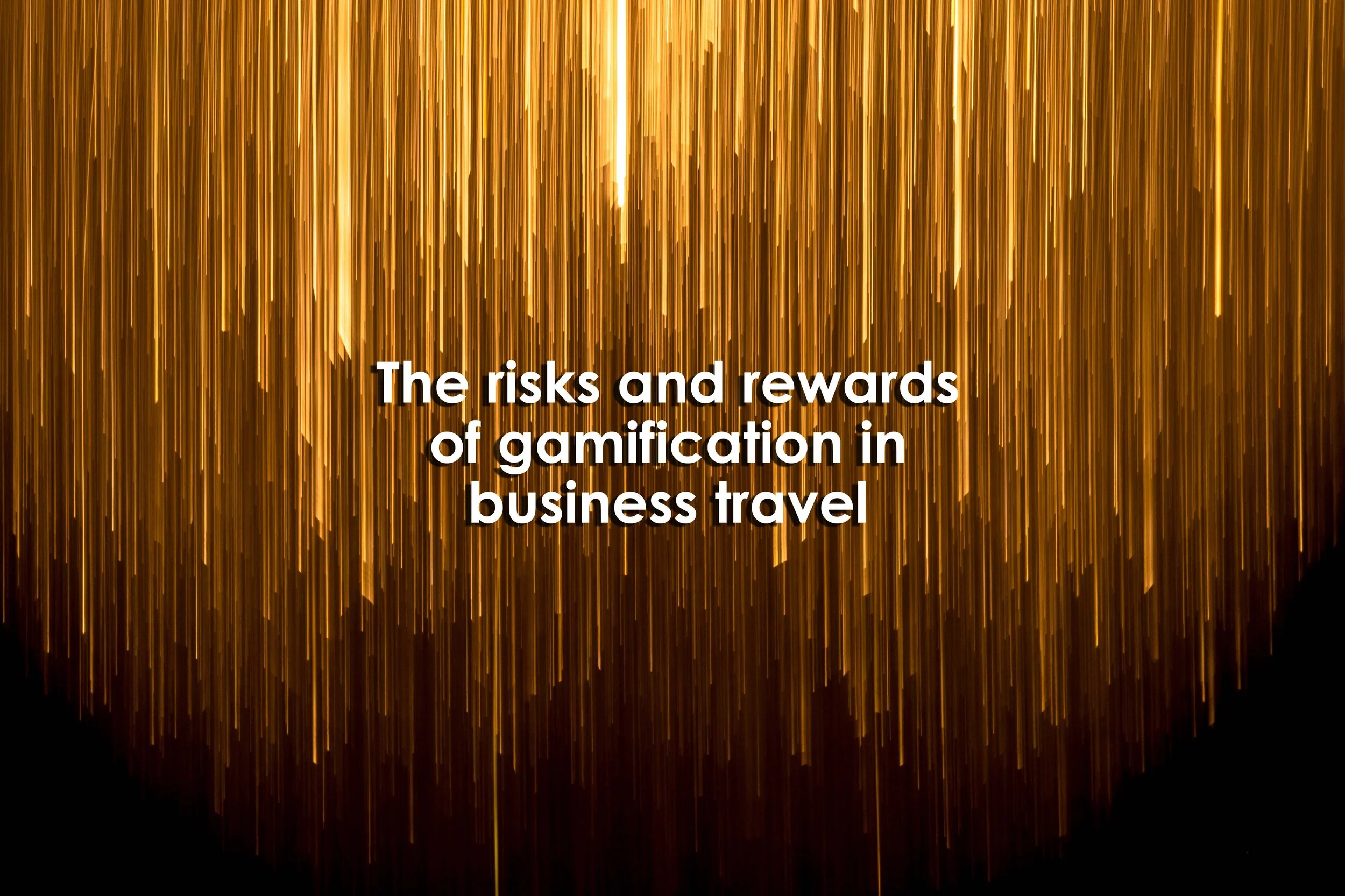The risks and rewards of gamification in business travel
The risks and rewards of gamification in business travel
The risks and rewards of gamification in business travel
By Allison Ponchak
September 23, 2020
Summary
Over the past few years, as companies shifted travel programs to be more traveler-centric and as a younger generation entered the corporate world, more companies have implemented gamification programs.
A gamification program rewards travelers for compliant or desired behavior using points, prizes, gift cards and money.
Such behaviors can include flying coach when employees qualify for business class, staying in a three-star versus a four-star hotel or flying company-preferred carriers versus their own personal preference, all in exchange for rewards.
In these uncertain times, travel managers should reevaluate their existing gamification programs for potential risk and to ensure they align with new objectives.
As many companies experience budget cutbacks during these difficult times, it's important to understand any changes to the platform that may impact your travel rewards program.
The company has a program that assigns each traveler a budget for their trip.
Companies must strictly enforce travel policy and monitor traveler behavior now more than ever.
Consider suspending current gamification programs and conducting a deep dive analysis of booking behaviors that were taking place.
While companies may no longer give travelers the flexibility and choice they once had, they can still use gamification strategies to drive new policy objectives.
Companies can make it easy for travelers to book in policy and contribute to the overall success of the program if the right incentives are introduced and the decision-making process is simplified.
Reference
Ponchak, A. (2020, September 23). The risks and rewards of gamification in business travel. Retrieved October 04, 2020, from https://www.phocuswire.com/risks-and-rewards-of-gamification-in-business-travel


